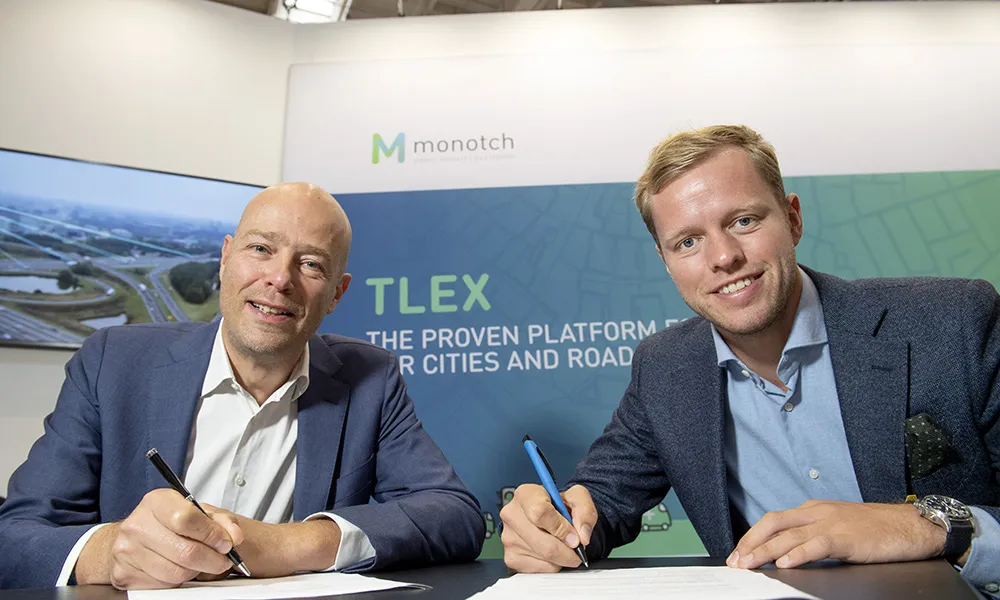On 14 April, European Transport Ministers released the Declaration of Amsterdam on Cooperation in the field of connected and automated driving. FIA Region I and its European Mobility Clubs welcome the Dutch Presidency’s ambition to facilitate the introduction of highly automated and connected vehicles throughout Europe by 2019. The document’s objective is to intensify cooperation, leading to the expected benefits of vehicle automation in terms of safety, efficiency and sustainability while also supporting v
April 15, 2016
Read time: 2 mins
On 14 April, European Transport Ministers released the Declaration of Amsterdam on Cooperation in the field of connected and automated driving. FIA Region I and its European Mobility Clubs welcome the Dutch Presidency’s ambition to facilitate the introduction of highly automated and connected vehicles throughout Europe by 2019. The document’s objective is to intensify cooperation, leading to the expected benefits of vehicle automation in terms of safety, efficiency and sustainability while also supporting value-added services using vehicle data.
The joint strategy rightly points to the importance of clarifying the conditions for the use of data generated by connected and automated vehicles. FIA Region I is actively representing mobility users’ view in European forums, such as C-ITS Platform and GEAR 2030, on automation and connectivity.
Jacob Bangsgaard, FIA Region I director general said: "Driverless cars have much to offer when it comes to improving mobility. However, the road users must remain at the centre of developments, to ensure that the resulting product will benefit the wider society.”
The joint strategy rightly points to the importance of clarifying the conditions for the use of data generated by connected and automated vehicles. FIA Region I is actively representing mobility users’ view in European forums, such as C-ITS Platform and GEAR 2030, on automation and connectivity.
Jacob Bangsgaard, FIA Region I director general said: "Driverless cars have much to offer when it comes to improving mobility. However, the road users must remain at the centre of developments, to ensure that the resulting product will benefit the wider society.”










